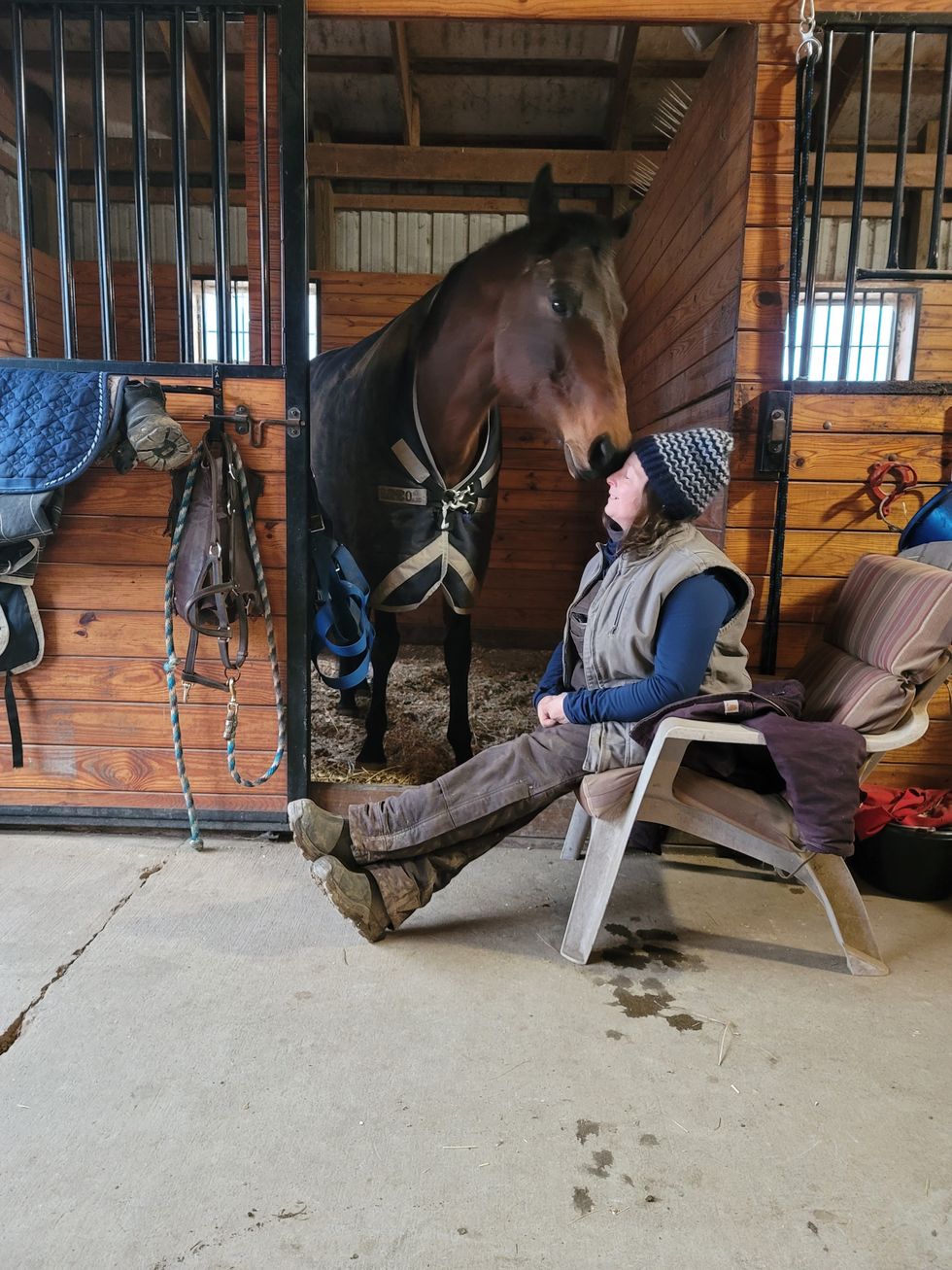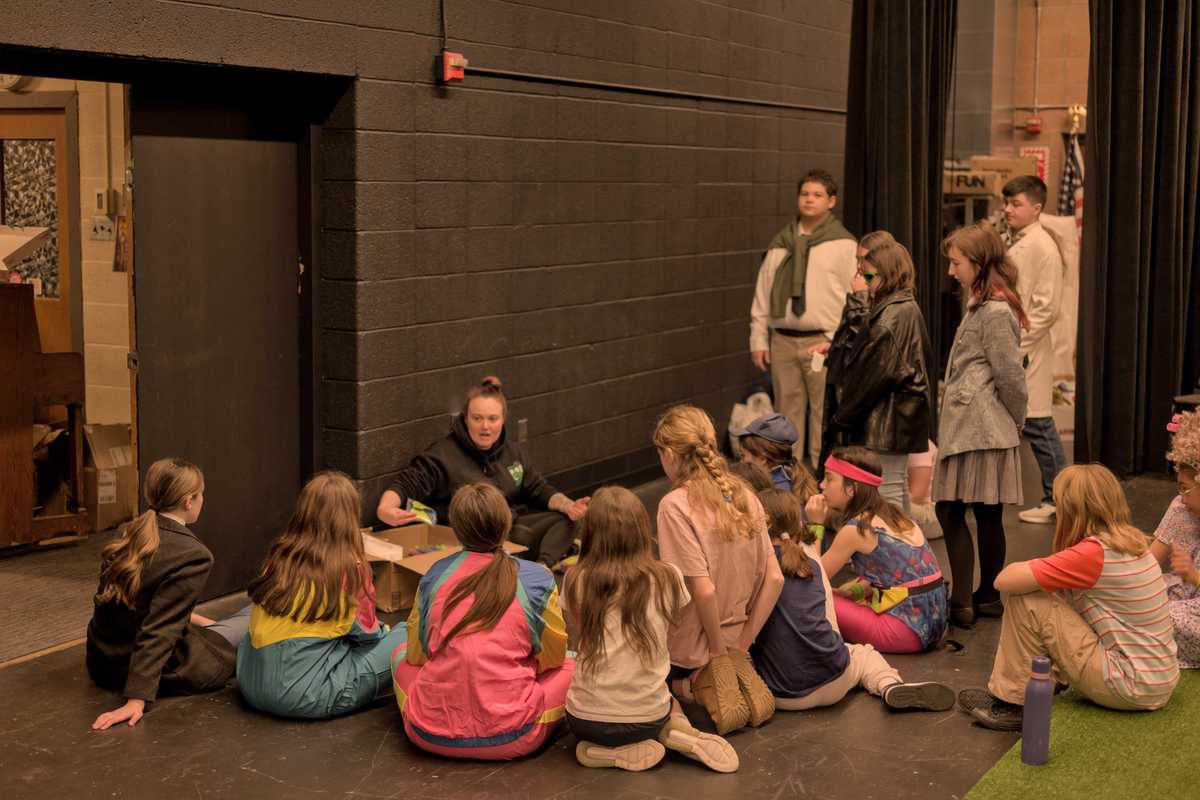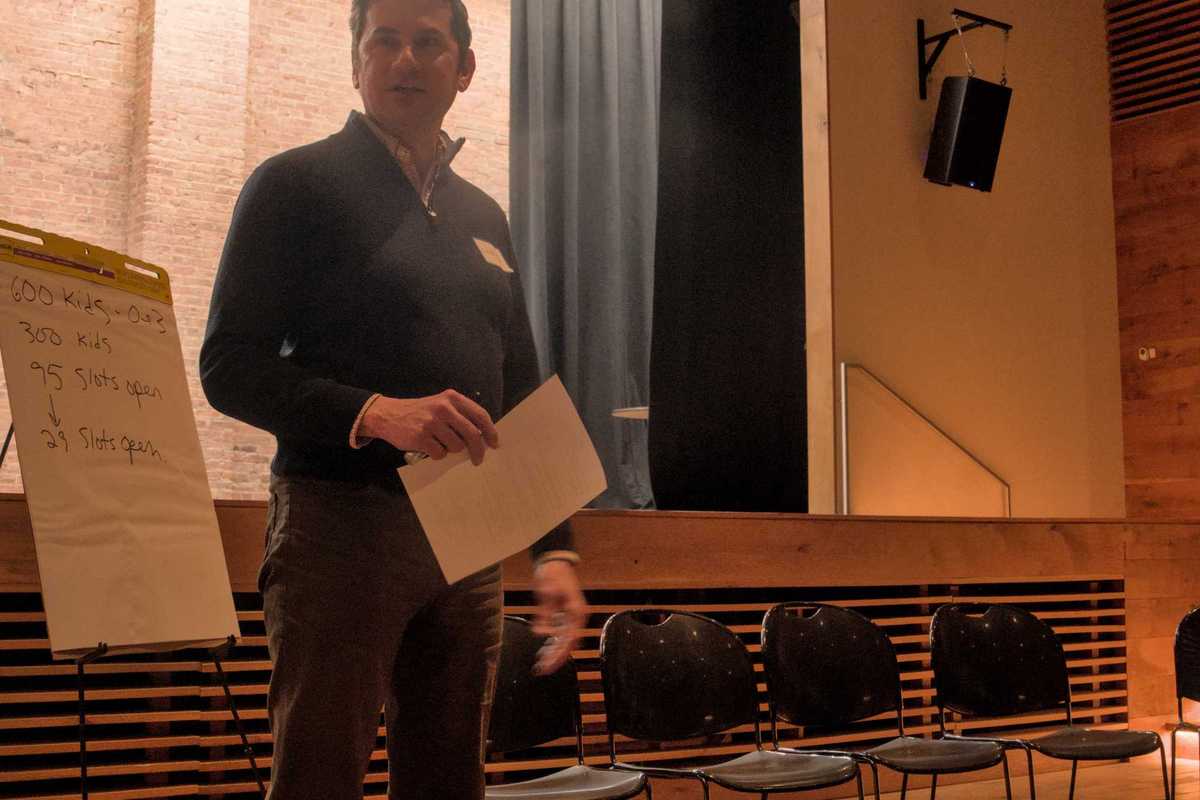Love and horses add up to recipe for therapy

Jurney loves Kelly and the feeling is mutual.Kelly Lattin acquired Jurney at the age of 4; the mare is now 10, and was the first of Lattin’s equine rescues.
Photo by Judith O’Hara Balfe






 Local parents, child care providers and nonprofit representatives outline the challenges they face in accessing and providing childcare in rural northeast Dutchess County during a forum at the Stissing Center in Pine Plains on Wednesday, Feb. 25. Photo by Nathan Miller
Local parents, child care providers and nonprofit representatives outline the challenges they face in accessing and providing childcare in rural northeast Dutchess County during a forum at the Stissing Center in Pine Plains on Wednesday, Feb. 25. Photo by Nathan Miller 

 lakevillejournal.com
lakevillejournal.com 






 Visitors consider Norman Rockwell’s paintings on Civil Rights for Look Magazine, “New Kids in the Neighborhood” (1967) and “The Problem We All Live With” (1963.) L. Tomaino
Visitors consider Norman Rockwell’s paintings on Civil Rights for Look Magazine, “New Kids in the Neighborhood” (1967) and “The Problem We All Live With” (1963.) L. Tomaino






Supervisor Walsh defends role in Flock surveillance contract